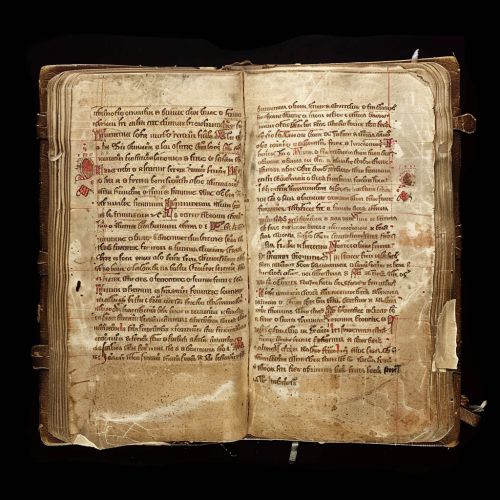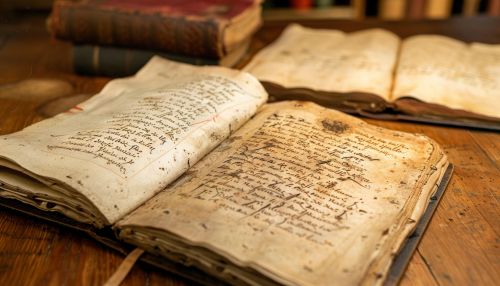Old English
Origins and Development
Old English, also known as Anglo-Saxon, is a predecessor of the modern English language. It was spoken in England and southern Scotland between the 5th and 12th centuries. The language originated from the Germanic linguistic group brought to Britain by the Anglo-Saxons, a collection of tribes from what is now Germany, Denmark, and the Netherlands.


The Old English language underwent significant changes and developments during its existence. The earliest form of Old English, known as Early Old English or the Anglo-Saxon period, was heavily influenced by the North Germanic languages spoken by the Viking invaders. This period was followed by the Late Old English period, which saw the language evolve into a more recognizable form of English due to the influence of Latin and French, brought about by the Norman Conquest in 1066.
Phonology
The phonology, or sound system, of Old English is quite different from that of Modern English. It had a rich system of phonemes, including a number of sounds that do not exist in Modern English. Old English had a system of grammatical vowel lengthening and consonant gradation, which played a significant role in the language's morphology.
Grammar
Old English grammar was quite complex, with a system of declensions for nouns, pronouns, and adjectives, and strong and weak verb conjugations. The language had three genders (masculine, feminine, and neuter), two numbers (singular and plural), and four cases (nominative, accusative, genitive, and dative). This is in stark contrast to Modern English, which has largely lost its system of declensions.
Vocabulary
The vocabulary of Old English was almost entirely Germanic, derived from the ancestral Proto-Germanic. It also included a number of borrowings from Latin, and a smaller number from Celtic and Old Norse. Many Old English words are no longer in use in Modern English, but some have survived in altered forms.
Dialects
Old English was not a single unified language but a collection of local and regional dialects. The four main dialects were Mercian, Northumbrian, Kentish, and West Saxon. Each of these dialects had its own distinct characteristics and contributed to the development of Middle and Modern English in different ways.
Literature
Old English literature is rich and varied, encompassing a range of genres from heroic poetry to religious texts. The most famous work of Old English literature is undoubtedly the epic poem Beowulf, which provides a wealth of information about the culture, society, and values of the Anglo-Saxon people.
Influence on Modern English
Despite the extensive changes that English has undergone since the Old English period, the influence of Old English can still be seen in Modern English today. Many common words in Modern English, such as 'house', 'bread', and 'gold', are derived from Old English. Old English also influenced the grammatical structure of Modern English, particularly in its syntax and verb conjugation.
